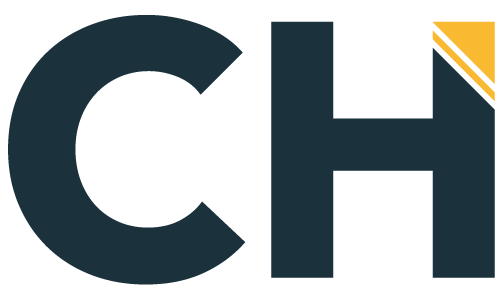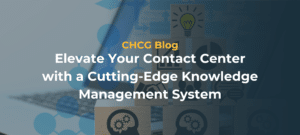Call centers have undergone significant transformations in recent years, largely driven by advancements in technology. By investing in modern call center technologies, businesses are able to provide a better customer experience and improve their overall performance. According to Gartner, in the next 12 months:
- 71% of contact centers are planning to invest in AI
- 64% are planning to invest in omnichannel routing
- 58% are planning to invest in self-service portals
“This means that while many IT investment areas will be weakened as budgets tighten, customer service and support initiatives that have the potential to differentiate the customer experience or streamline customer service operations could receive easier investment ‘buy-in,” said Marek Fernandez, Director Analyst at Gartner. “These factors will help contact center as a service (CCaaS) projects receive funding associated with broader corporate digital transformation budgets.”
Whether it’s for customer service, technical support, or sales, call centers today utilize a plethora of tools and systems to enhance both agent performance and customer experience. Here’s a comprehensive look at the main technologies currently in use.
CCaaS (Call center as a Service)
CCaaS is a cloud-based call center solution that allows businesses to use call center capabilities without the need for on-premises hardware or software. The benefits include scalability, flexibility, and the ability to integrate with other cloud solutions. Organizations can quickly adapt to changing business needs, add new channels, or scale up and down based on demand.
UCaaS (Unified Communications as a Service)
UCaaS focuses on streamlining all forms of business communications. This includes instant messaging, voice calls, video conferencing, and more. By unifying communications under one platform, call centers can ensure consistent interactions, faster responses, and a more integrated customer service approach.
WFM (Workforce Management)
WFM tools are crucial for optimizing workforce scheduling, forecasting demand, and ensuring that call centers have the right number of agents with the right skills at the right time. This leads to increased efficiency, reduced wait times for customers, and better utilization of agent resources.
IVR (Interactive Voice Response)
IVR is an automated telephony system technology that interacts with callers, gathers information, and directs calls to the most appropriate agents or departments. It’s beneficial in handling high call volumes, reducing wait times, and ensuring customers are matched with agents who can best assist them.
CRM (Customer Relationship Management)
CRM systems are databases that store detailed information about customers, including past interactions, purchase history, preferences, and more. When integrated into a call center, agents can access a caller’s entire history, leading to personalized and efficient service. It enables businesses to track customer journeys and tailor services to individual needs.
Speech Analytics
This technology involves analyzing voice communications to extract valuable business intelligence. By examining the content, tone, and pattern of calls, speech analytics can identify trends, assess agent performance, and even predict customer behavior. This insight can be instrumental in training agents, improving processes, and enhancing customer satisfaction.
QMS (Quality Management System)
A QMS for call centers monitors and evaluates the performance of agents and the quality of customer interactions. It often includes call recording, performance metrics, and evaluation tools to ensure that customer service standards are consistently met or exceeded.
Outbound Dialing
While many think of call centers as primarily handling incoming calls, outbound dialing systems enable proactive outreach to customers. Whether it’s for sales, follow-ups, or reminders, these systems can automate the dialing process, manage call lists, and ensure compliance with telemarketing regulations.
Contact Routing
Modern call centers deal with more than just phone calls. Emails, chat messages, social media inquiries, and more all need to be directed to the right place. Contact routing technology ensures that each interaction—regardless of its source—is sent to the most appropriate agent or team, based on factors like skill, availability, and customer history.
The world of call centers is more technologically advanced than ever before. With the adoption of cloud-based platforms like CCaaS and UCaaS, the integration of data-rich systems like CRMs, and the application of analytics and automated systems, today’s call centers are well-equipped to deliver exceptional customer experiences. As technology continues to evolve, we can expect even more innovations to shape the future of customer service and support.
How CH Consulting Group Can Help with Call Center Technology
With the plethora of technology tools available for modern call centers, it’s essential to have a trusted partner to guide you through selections, implementations, and optimizations. CH Consulting Group helps businesses navigate the intricate world of call center technologies through:
- Expert Consultation
- Seamless Integrations
- Future-Proofing Your Technology
- Training & Support
From speech analytics to workforce management, CH Consulting Group is familiar with every aspect of call center technology. The team provides a holistic approach, ensuring that all the pieces of your call center puzzle fit together cohesively.
Navigating the vast sea of call center technologies can be overwhelming. But with CH Consulting Group, you’re not going alone. Whether you’re just starting out or looking to enhance your current setup, CH Consulting Group can help you achieve your goals. Contact us today to learn more.




